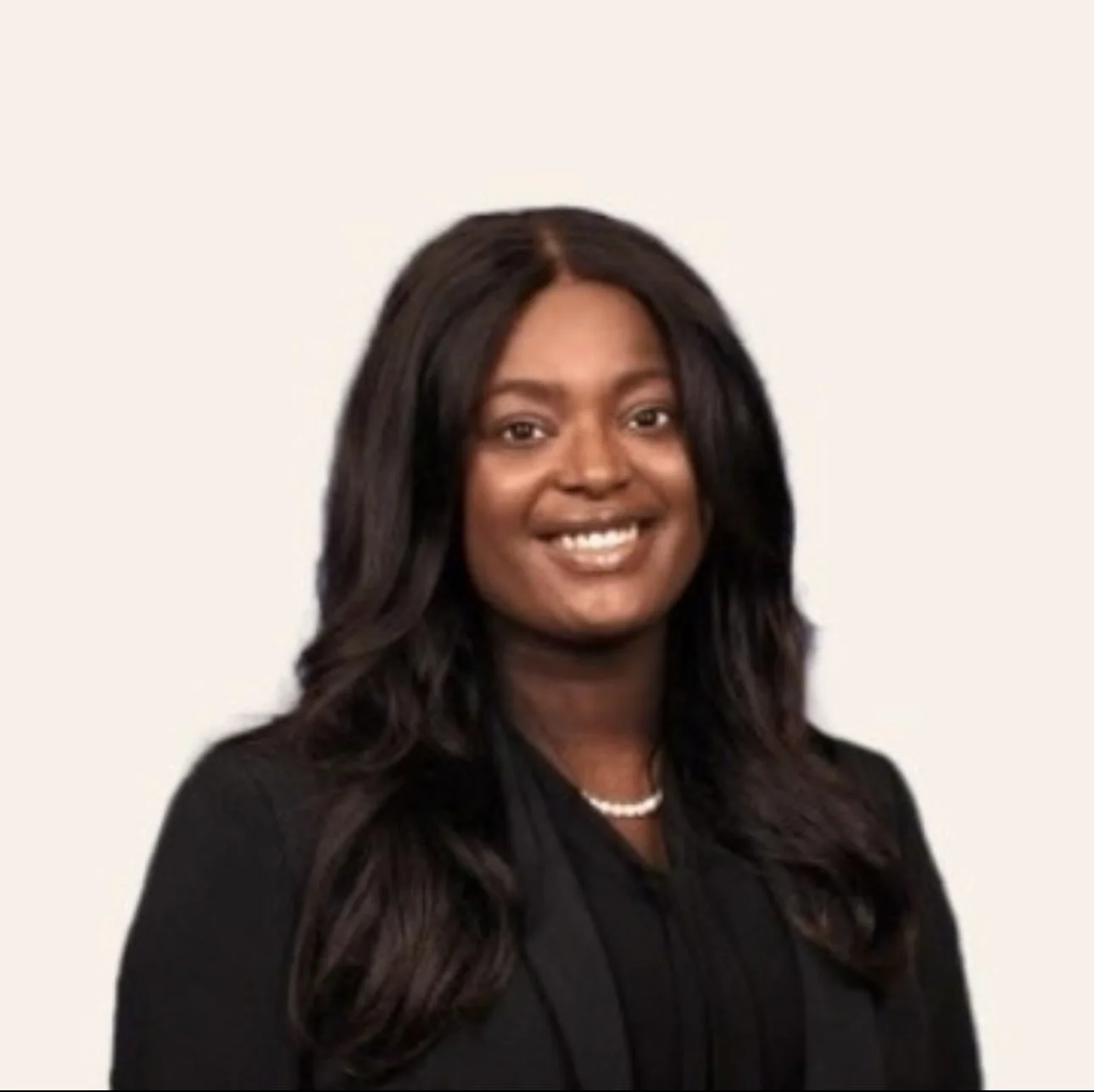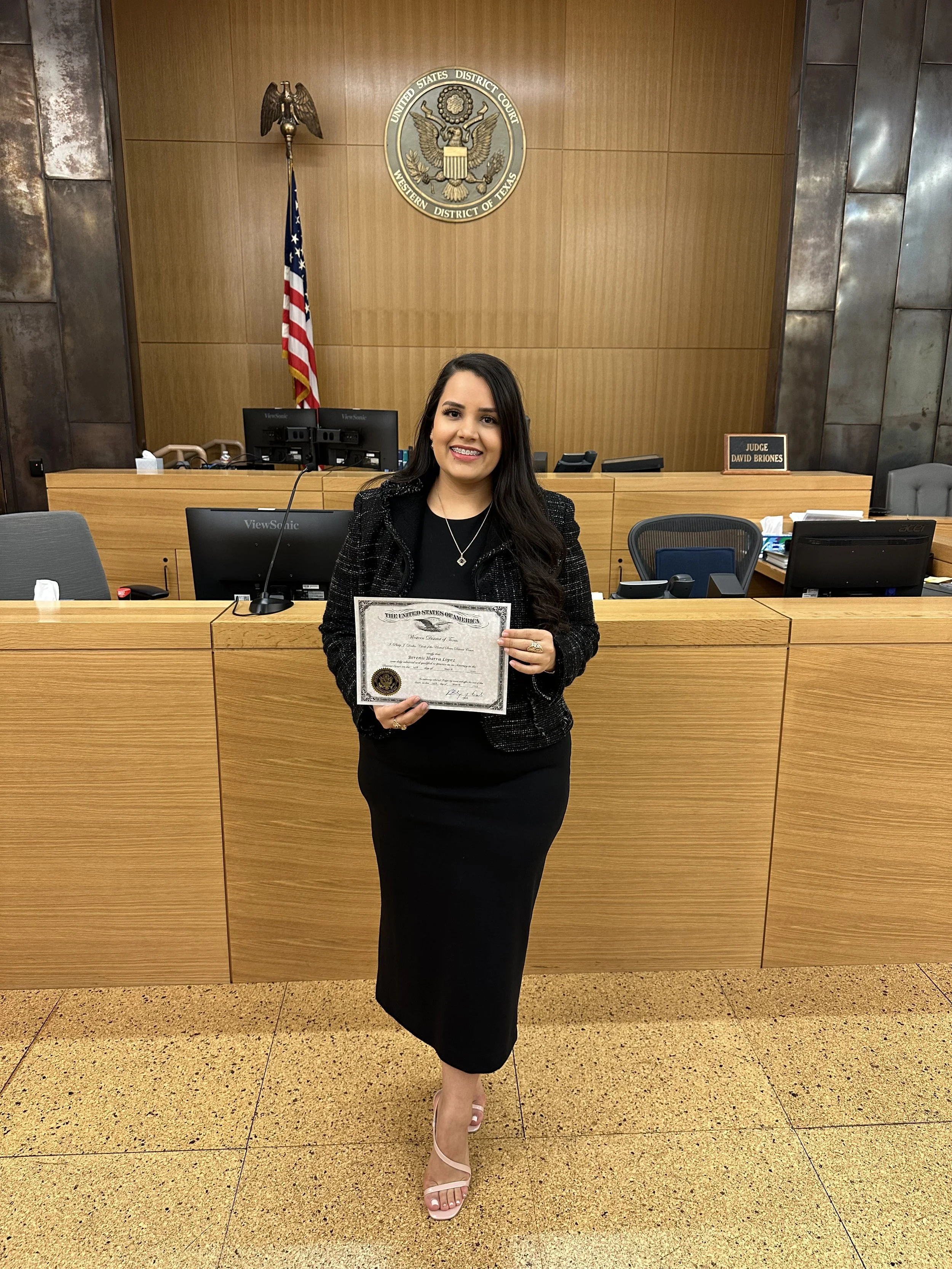A Day at the Seventh Circuit: TAP Alumni Witness the Power of Representation
In September 2025, a group of TAP alumni joined Founder & CEO Juvaria S. Khan and Program Officer Jeorjet Reyes in Chicago for an immersive day at the U.S. Court of Appeals for the Seventh Circuit. The visit offered a rare behind-the-scenes look at appellate practice in action. Alumni observed live oral arguments, toured the historic courthouse, and sat down for an intimate panel discussion with Judges Jackson-Akiwumi, Lee, and Maldonado.
Among those who joined were Berenis Ibarra López, law clerk at the Western District of Texas, and Maya Stevenson, appellate counsel at the Center for Appellate Litigation. Both left with insights that underscore a core TAP truth: representation in appellate spaces changes everything.
Why Experiences Like This Matter
Circuit courts interpret federal law, review district court decisions, and set precedent that ripples across entire regions of the country. Yet for many aspiring appellate practitioners, especially those from underrepresented backgrounds, these courts can feel distant or out of reach.
Visits like this one help close that gap. They give participants the chance to see appellate law up close, connect with the people shaping the system, and picture themselves in those same spaces.
"Although I am a Texas native with long-term plans of practicing in the Fifth Circuit, I wanted to visit the Seventh Circuit specifically because of the opportunity to see appellate advocacy in action," said Berenis. "This visit was a rare opportunity I couldn't pass up."
During the visit, she was struck by the wide range of advocacy styles on display in the courtroom. “A particularly meaningful moment was seeing different advocacy styles during oral arguments. [...] The different levels of skill both inspired me to strive for the best and reinforced my sense of what is true: I, too, am capable of being an appellate lawyer.”
Watching oral arguments left a lasting impression.
"I recognize the importance of hearing from those who have come before you, especially those who are now in decision-making roles,” said Maya. “As an appellate attorney, I'm always looking to learn more about the judiciary and their processes when making decisions."
The day held unexpected personal significance for Maya when she spotted a portrait of Justice John Paul Stevens, whose foundation had awarded her a public interest fellowship. "I hadn't realized that he served on that Court, but after seeing that strange coincidence, it made the visit even more meaningful."
Representation You Can See
For both Berenis and Maya, seeing diversity reflected throughout the Seventh Circuit was powerful.
"The best piece of advice I received was to stay true to myself," Berenis reflected after the discussion panel. "What makes me different is what makes my voice valuable to appellate spaces. My background and lived experiences, in conjunction with my skills, bring an irreplicable layer of depth to the way I approach legal issues."
She added, "Beyond the mechanics of appellate law, it is a field of impact where the arguments made to uphold or overturn interpretations of the law have lasting effects on our communities."
For Maya, the visible proof of a diverse court offered encouragement. "As I progress in my career, the importance of representation becomes more pronounced than ever, especially in appellate spaces," she said. "For me, it was especially heartening to witness the diversity of the Seventh Circuit: from the judges to the staff attorneys, and even the administrative staff. Hearing about the diverse lived experiences of each of these public servants inspired even more confidence in the judiciary for me."
Charting a Path in Appellate Law
Both alumni came to appellate law in different ways, but each discovered that the field aligned naturally with their skills and values.
For Berenis, the moment of recognition came during her law school's 1L moot court competition. "From the brief writing and oral arguments to the exhilarating exchange between the judges and myself, what was new to me felt familiar from the start," she shared.
“There's a quote that says something like, 'Your gifts will often point you towards your purpose,' and I think that was especially true in my case," Maya added. "I've always enjoyed reading, writing, and helping others, so it didn't take long for me to realize that appellate work was the perfect combination of all three of those things professionally."
Hearing from judges about the long view of professional growth was reassuring.
"It wasn't so much a specific piece of advice, but more a general sentiment that careers operate on a continuum," Maya said. "Your career development is never complete and you do have time to learn more, accomplish more, and be more. I think for early attorneys, it can be tempting to think that these early years define who we're going to be in our careers, so everything feels that much heavier. I heard from several people that that couldn't be further from the truth."
Building a More Representative Future
Both participants left Chicago more committed than ever to opening doors for those who follow.
“When people who are bound by the rules have no role in shaping the rules, moral blind spots become law, and the powerless bear the burden," said Berenis, quoting Melinda Gates.
“Moving forward,” she continued, “I commit to holding the ladder firmly behind me.”
Maya echoed that same sense of responsibility: "One of my favorite TAP features used the quote, 'If you can see it, you can be it.' I hope my presence, despite my nontraditional background, shows others that it’s possible to enter this space—and that there are people ready to support them.”
The stakes, Maya emphasized, are clear. “Appellate work offers a chance to effect meaningful change on the largest scale possible—especially for marginalized communities.”
Looking Ahead
Visits like the Seventh Circuit experience are core to TAP’s mission: making appellate practice more accessible, more inclusive, and more reflective of the communities it serves.
Thank you to the Seventh Circuit for welcoming our alumni, and to Berenis and Maya for sharing their insights and commitment to building a more representative appellate system. Their presence in these spaces—and their dedication to holding the ladder for those who follow—reminds us why this work matters.








